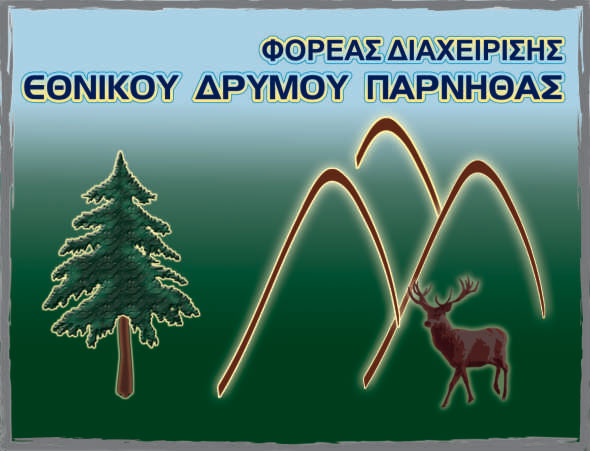Mythology
The name Parnitha is ancient. It has Pelasgian origins and its etymology is difficult, if not impossible, to determine precisely. It has a root related to the words Parnassos and Parnon, Parna in Louvian (dead language of Anatolia) means temple, house. K. Doukas (1995) emphasizes that Parnis literally means “the mountain that receives its breath from the north and is offered for safe residence of gods and people and where the sun goes to the west”. Parnitha was dedicated to Zeus, who lived on the mountains, where the clouds of storms gather. Thus, Parnitha was perhaps the “temple” in the broadest sense of the highest God and above all the god of rain and storm. The root of the name Zeus exists in Latin dues: “God”, dies: “day” and in Greek endias: “good weather”. Zeus was the Heavenly Father, the bright sky of the day. The traveler Pausanias (2nd century AD) typically mentions “And in Parnithi there is a bronze Zeus of bronze and an altar of the sign of Zeus, and in Parnithi there is another altar of sacrifice on it, then with rain and then with the apostles calling Zeus”.
Pausanias’ brief mention of Parnitha, apparently because he had not visited it, is enough to prove that the highest presence of the father of gods and men really prevailed on the highest mountain of Attica. Besides, the cult of Zeus on the tops of the mountains is known all over Greece.
According to Pausanias, Zeus was worshiped in Parnitha as Parnithios, robust, rainy and famous. His weapon is the ax, his exclusive mood, which makes him invincible and is feared by gods and people.

